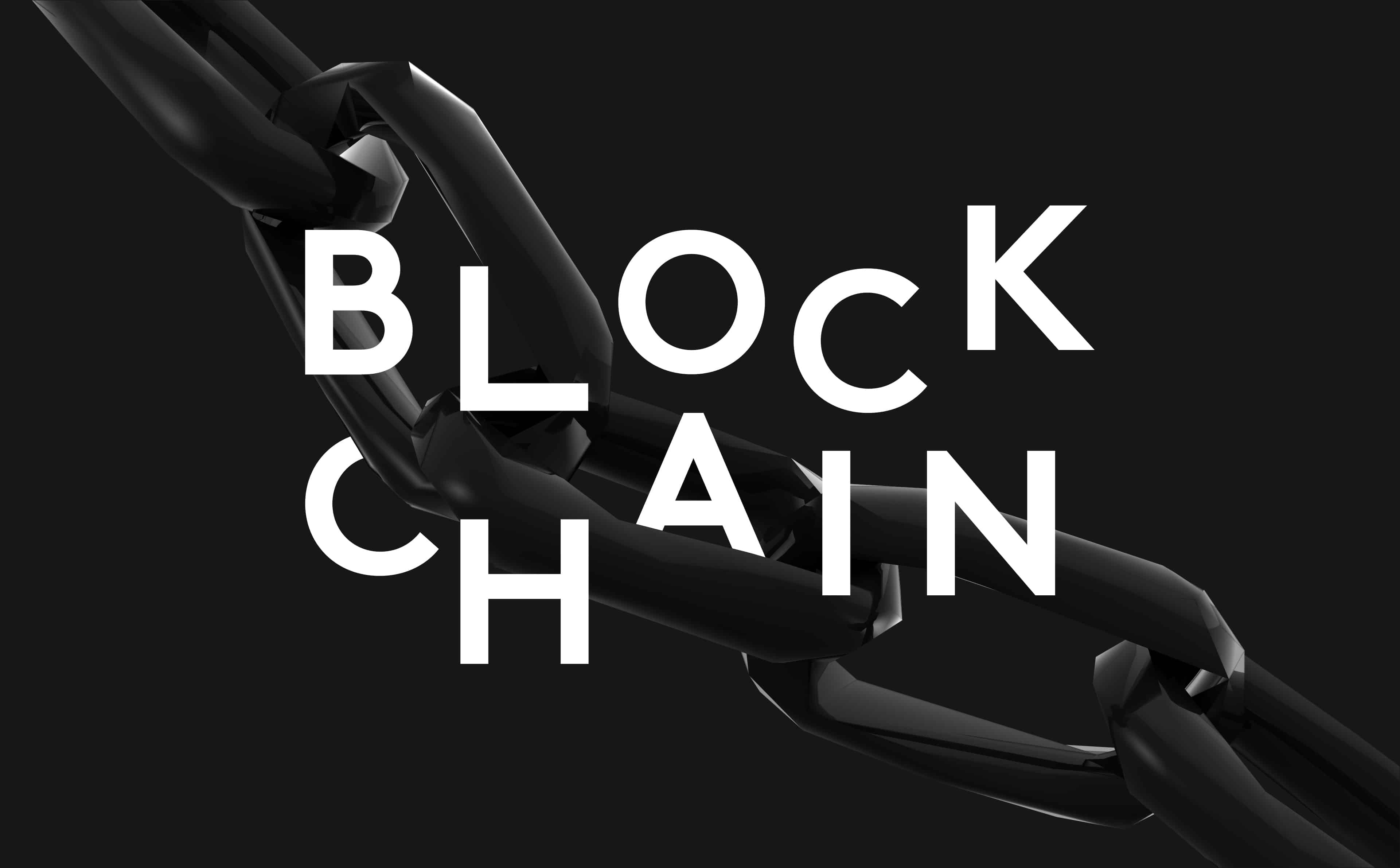Representatives from three of China’s leading tech giants have gathered together at a domestic industry forum to discuss the potential of blockchain technology.
Baidu, Ant Financial and Tencent all sent executives to the 2019 China Blockchain Technology and Applications Summit (2019中国区块链技术与应用高峰论坛) held by the China Computer Federation on 2 June to discuss the applications potential of the technology.
Zhu Yongchun (朱永春), a senior solutions designer from Ant Financial’s blockchain department, said that the “tao” of the company’s blockchain policy can be summarised as “striving to serve the real economy – independent happiness is not as good as mass happiness” (独乐乐不如众乐乐).
“From Ant Financial’s perspective, in actuality we are currently striving to provide service to real industries,” said Zhu.
“Ant Financial is unlikely to become the industry expert for all industries, and what we are considering today is how the tao of blockchain industry solutions can join together with industry friends to apply the blockchain to various industries and sectors – this is a process of mutual cooperation.
“The blockchain should involve everyone coming together to engage in joint innovation.”
Realizing that it is unable to devise blockchain solutions for all industries under its own auspices, Ant Financial’s blockchain engineers have focused on the creation of a Blockchain-as-a-Service (BAAS) platform that can more precisely target the specific challenges and needs of individual sectors.
Ant Financial said that its BaaS platform provides the advantages of high-performance, high-reliance, privacy protection, cross-chains and internet security.
Yang Chen (杨晨), Tencent’s general supervisor of blockchain products, said that the “Tao” of the blockchain-driven electronic invoices for the Shenzhen tax department is embodied by the three concepts of “regulation, service and openness.”
“Regulation” entails regulatory compliance, encompassing the use of consortium blockchains as well as cooperation with the Shenzhen municipal tax department to ensure proper regulation of data.
“Services” involves Tencent using the WeChat platform to ensure that vendors can access blockchain-based electronic invoices conveniently and at low cost, while “openness” means maintaining technological neutrality and transparent standards.
Tencent further summarises the structure of its electronic blockchain system as involving “one platform, two regulatory sides, three service roles.”
The one platform is Tencent’s blockchain-driven electronic invoice platform itself; the two regulatory sides are a tax regulation side directed at tax department personnel and a taxation department side directed at enterprises, while the three roles encompass tax payers, consumers and tax department personnel.
According to Tencent its blockchain technology dramatically reduces the number of steps required for issuance of electronic invoices, from seven to just three.
Zhang Miao (张苗), senior R&D engineer at Baidu’s blockchain laboratory, focused on discussion of its XuperChain – a blockchain technology that was independently researched and developed by Baidu.
According to Zhang a single chain can achieve 65,000 transactions per second (TPS) and a full network can reach 200,000 TPS, while networks themselves can reach over 10,000 nodes.




